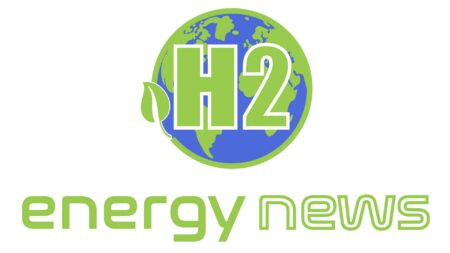Fluxys, the natural gas transporter, is currently undertaking a significant project to construct a new pipeline that will enhance the transportation of natural gas from the port of Zeebrugge to Germany.
Browsing: Pipelines
A major undertaking is currently underway to develop a 3,300 km hydrogen pipeline that will connect North Africa to Europe as part of the SoutH2 Corridor project.
Poland is actively exploring the possibility of constructing a hydrogen pipeline along the Baltic Sea and implementing carbon dioxide (CO2) storage in salt caverns as part of its state strategy for energy development.
APA Group, a major energy infrastructure company, has successfully completed testing to determine the feasibility of converting a section of its Parmelia Gas Pipeline in Western Australia for hydrogen transportation.
Frontier Energy and Australian Gas Infrastructure Group (AGIG) have signed a Collaboration Agreement to accelerate the integration of green hydrogen into the Dampier to Bunbury Natural Gas Pipeline (DBNGP). The DBNGP is a crucial gas pipeline connecting the North West Shelf gas fields to markets in South West Western Australia.
Panama is positioning itself as a leader in the global green hydrogen industry with its newly unveiled National Strategy for Green Hydrogen and Derivatives (ENHIVE).
Fluxys Belgium, an infrastructure company, has partnered with Sweco, a European engineering consultancy, to develop a pipeline network for transporting hydrogen and CO2.
The European Union is set to provide enormous subsidies for a proposed hydrogen pipeline that would stretch from Bavaria, through Austria and Italy, to North Africa.
Fisher German, a leading infrastructure consultancy, has won a contract to provide land services and initial consultation for the East Coast Hydrogen Pipeline (ECHP), a major hydrogen cluster scheme that will help the UK achieve its net-zero targets.
The state government of Baden-Württemberg has approved the further development of the Baden-Württemberg hydrogen roadmap, which includes the establishment of the first pipeline connections to the German and European hydrogen network by 2030.



